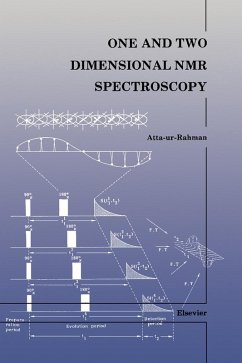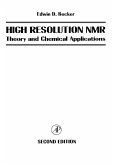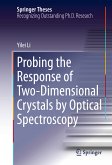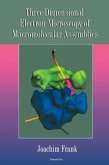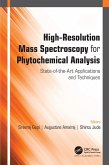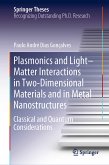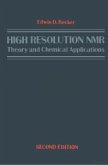The book's scope is very wide. It starts from fundamental principles of modern NMR spectroscopy, describing the instrumentation and its optimum use, and extends to the latest developments such as inverse measurements. Emphasis is on problem-solving so as to be useful to a large number of organic chemists, biochemists and medicinal chemists. The problems and worked solutions at the end of the chapters will help students to gain proficiency in the application of these new techniques. Those who are learning how to operate modern NMR spectrometers will find particularly useful the description of such basic aspects as shimming, probe tuning, and methods for improvement of resolution and sensitivity.
Dieser Download kann aus rechtlichen Gründen nur mit Rechnungsadresse in A, B, BG, CY, CZ, D, DK, EW, E, FIN, F, GR, HR, H, IRL, I, LT, L, LR, M, NL, PL, P, R, S, SLO, SK ausgeliefert werden.

